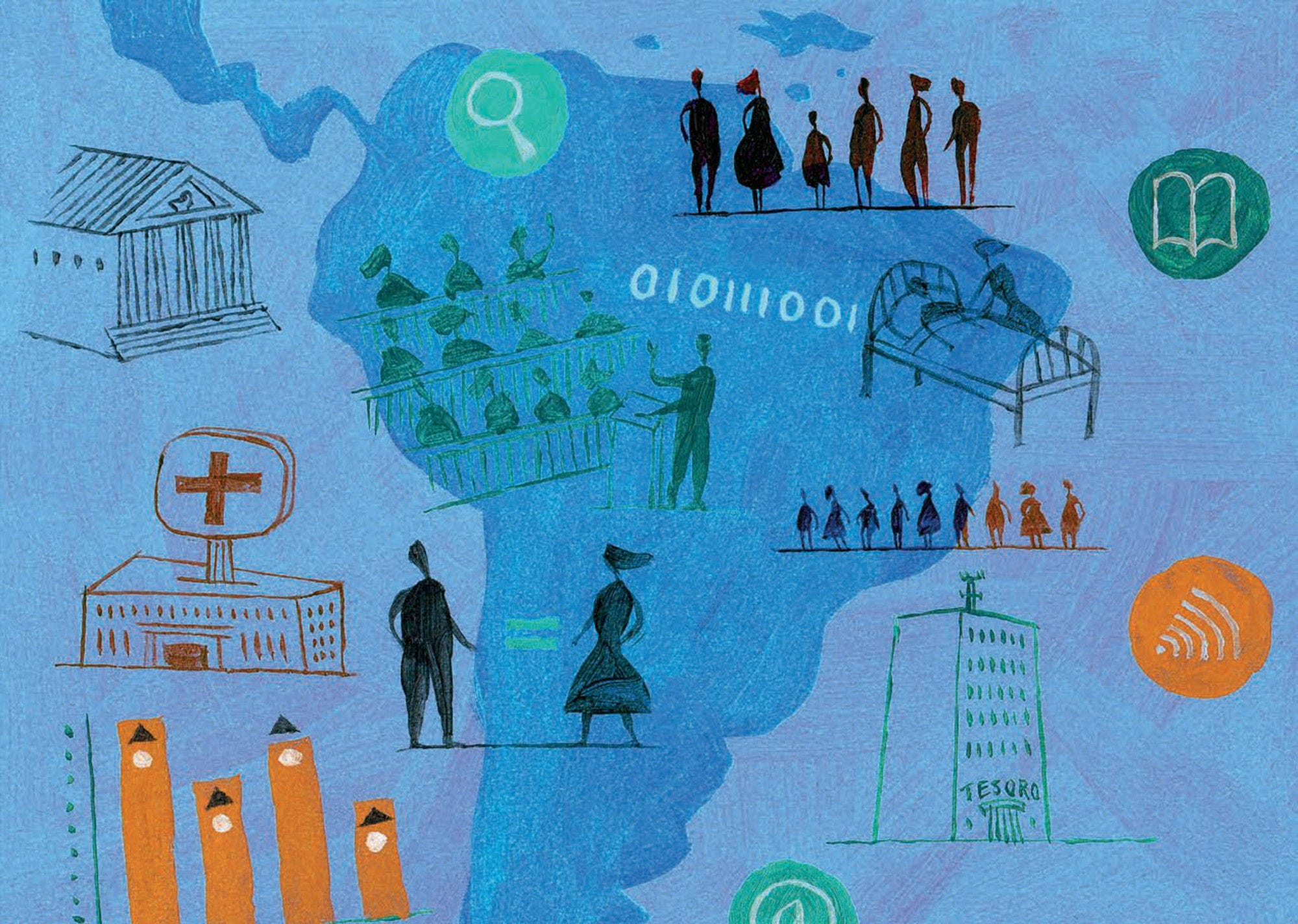There is growing awareness of the need to ensure the effective reuse of open government data (OGD) to secure long-term sustainability and continuity of open data initiatives and policies. When the government shares and promotes the reuse of data that benefits citizens’ social and economic well-being, it fosters their trust in government. Moving from a focus on data publication to a collaborative, problem-solving and focused approach is a necessary step towards the achievement of value co-creation.
Governments can enable collaborative platforms and models such as datatons, competitions, funding programmes and multi-stakeholder partnerships to bring actors together and stimulate the data re-use inside and outside the public sector. For example, in Argentina, Panama and Paraguay the governments often organise conferences with civil society to promote the reuse of OGD. In Brazil, Guatemala and Honduras, the government often makes presentations on data reuse in events that are organised by third parties. Honduras and Paraguay are the only LAC countries whose governments often conduct focus groups and information sessions with civil society to understand their data needs and, along with Argentina, present the benefits of OGD reuse. Slightly over half of LAC countries have government programmes to support OGD literacy among civil society organisations. This is lower than in OECD countries, were 75% of governments have these programmes in place.
Examples of OGD can be given on the national data portal. Five countries display data visualisations and smartphone applications. These two ways of re-using data are also the most popular among OECD countries. Monitoring the uses and impact of data helps to understand which datasets have more value from the users’ perspective.
Pillar 3 of the OURdata Index on government support for data reuse has three sub-pillars: data promotion initiatives and partnerships; data literacy programmes in government; and monitoring impact, each one scoring maximum of 0.33 points. The LAC average is below the OECD average (0.52), showing that more could be done to promote data reuse. In particular, countries could make more efforts to monitor the impact of OGD, since the LAC average score in this area is half that of the OECD.
Colombia, which has the highest score of the LAC region (0.90), has a successful project “Emprende con datos” that supports entrepreneurs who use OGD to solve public policy issues. The project offers mentoring and advice to develop sustainable business models and applications that address public policy issues.
Argentina, Colombia, the Dominican Republic and Guatemala perform relatively well in promoting data literacy among government employees. However, when it comes to monitoring impact, several countries that perform relatively well in the other two sub-indicators, obtain a score of 0, including the Dominican Republic, Guatemala and Paraguay. Brazil, however, scores better on monitoring impact (0.26) than on data promotion initiatives (0.09) and data literacy programmes (0.07).

